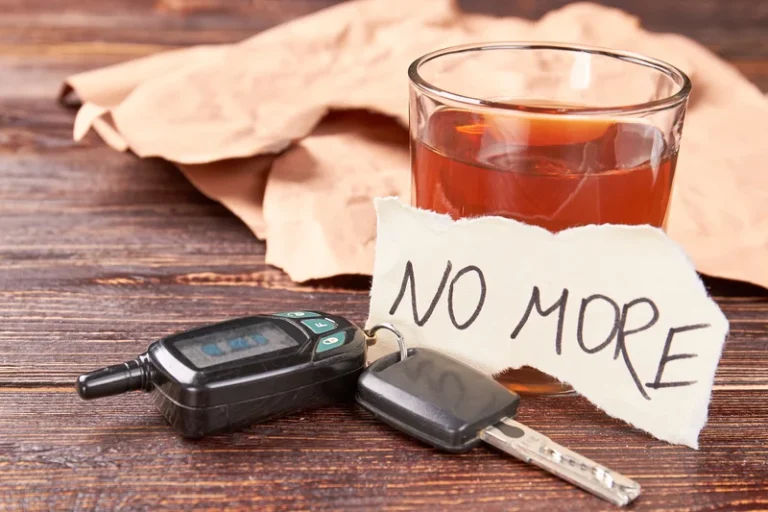
Hangovers can vary widely in their duration and severity, influenced by factors such as how much alcohol is consumed, the type of alcoholic beverages, and individual health conditions. Severe hangovers can lead to dehydration symptoms, upset stomach, and even low body temperature. Recognizing the symptoms and knowing how to reduce nausea, stop drinking early, and manage hangover cures like drinking water or fruit juice can make a significant difference. If hangovers begin to interfere with daily life, or if there are signs of alcohol use disorder or alcohol poisoning, it’s essential to seek help. The best way to prevent hangovers is to avoid alcohol entirely or drink in moderation, giving the body plenty of time to process the alcohol before consuming more. A person can limit the risk of a hangover by drinking plenty of water alongside any alcoholic beverages, or eating a meal after drinking alcohol.

What are the seven best hangover cures?
The Blackberry Center is a 64-bed behavioral hospital in St. Cloud, Florida. Nestled in a tranquil setting just outside of Orlando, our mental health facility provides patients with a safe place to reflect, reset and heal. The following are some questions people frequently ask about hangovers. Hangovers tend to go away on their own, even if you don’t do anything. As your body readjusts to the lack of alcohol, you start to feel better.
Racing heart
Mild Drug rehabilitation symptoms like headache and fatigue might improve with hydration, rest, and food within a few hours. More severe symptoms, including nausea, dizziness, and sensitivity to light, can persist for a day. Factors influencing hangover duration include the amount and type of alcohol consumed, hydration levels, sleep quality, and individual tolerance. Drinks with congeners, like red wine and dark spirits, can cause worse hangovers. Research has not found a correlation between the extent of electrolyte disruptions and the severity of hangovers, or the impact of added electrolytes on hangover severity. In most people, the body will quickly restore electrolyte balance once the effects of alcohol subside.
- A hangover is the unpleasant after-effect of drinking alcohol, and its symptoms can range from mild to debilitating.
- These feel-good hormones can help alleviate some symptoms of a hangover.
- Alcohol is metabolized into acetaldehyde, a substance that’s toxic at high levels.
Things to avoid
- Drinking more than this may cause your liver to struggle and may lead to a much-altered hangover experience.
- Moments after feeling that pounding headache, dry mouth and nausea, you are likely pondering just how long you will have to endure this unfortunate situation.
- If hangovers begin to interfere with daily life, or if there are signs of alcohol use disorder or alcohol poisoning, it’s essential to seek help.
- Mild symptoms like headache and fatigue might improve with hydration, rest, and food within a few hours.
Because individuals are so different, it is difficult to https://ecosoberhouse.com/ predict how many drinks will cause a hangover. Any time people drink to intoxication, there is a chance they could have a hangover the next day. MAT combines medication with counseling and behavioral therapies to treat alcohol addiction.

- A night of drinking leaves you feeling nauseous, headache-prone, and just downright miserable the next day.
- Some people may have a hangover from just one alcoholic drink, while others can drink excessively and not get a hangover.
- Some hangovers, known as a two-day hangover, last anywhere from 48 to 72 hours.
- Aspirin and ibuprofen (Advil, Motrin IB, others) can cause your stomach to make more acid, which can irritate your stomach.
- When you’re addicted to alcohol, sobriety involves more than just waiting for alcohol to leave your system.
For example, driving during a hangover can be dangerous or deadly. Hangover symptoms peak when the blood alcohol concentration in the body returns to about zero. There are no instant hangover cures, but doctors recommend waiting at least 48 hours before drinking again to give your body time to recover. They recommend doing this for everyone, regardless of the presence of a hangover. Alcohol is absorbed more slowly when food is in the stomach before you start drinking.
You may have heard about quick-fix methods that help you sober up faster than average. Unfortunately, there is no way to speed up the process of eliminating alcohol from your body. The only way to sober up is to allow your liver time to metabolize the alcohol you’ve consumed. Your BAC reaches 0 once there is no remaining alcohol in your bloodstream, but traces of alcohol can stay in your urine, saliva, breath, and hair for varying lengths of time. If you or a loved one has a chronic drinking problem, it is important to seek professional help. Alcohol abuse can cause health problems, as well as social, interpersonal, and work issues.


But the best hangover cure is to wait it out and drink lots of water. Alcohol is the main culprit in a hangover, but other components of alcoholic beverages might contribute to hangover symptoms or make a hangover worse. The presence of food in the stomach reduces the rate of alcohol absorption into the blood.
Tips for next time
Drugs such as naltrexone, acamprosate, and disulfiram can help reduce cravings and prevent relapse. Support groups such as Alcoholics Anonymous (AA) help you stay on track for recovery. They provide a safe and supportive environment how long does a mild hangover last to share your experiences with others struggling with alcohol addiction. If you find that you are unable to control your drinking, it is essential to seek help. Light-colored alcohols, such as vodka or white wine, have fewer congeners (hangover-causing toxins).
How to Prevent a Hangover? Before & After Drinking
Hangovers can be categorized into several types based on their symptoms and severity. Get helpful tips and guidance for everything from fighting inflammation to finding the best diets for weight loss…from exercises to build a stronger core to advice on treating cataracts. PLUS, the latest news on medical advances and breakthroughs from Harvard Medical School experts. As a service to our readers, Harvard Health Publishing provides access to our library of archived content.

